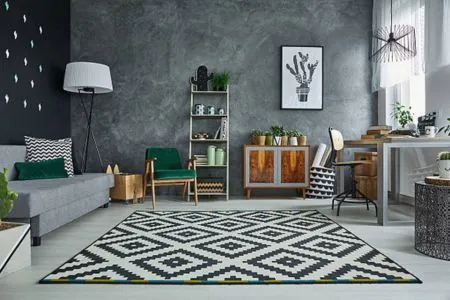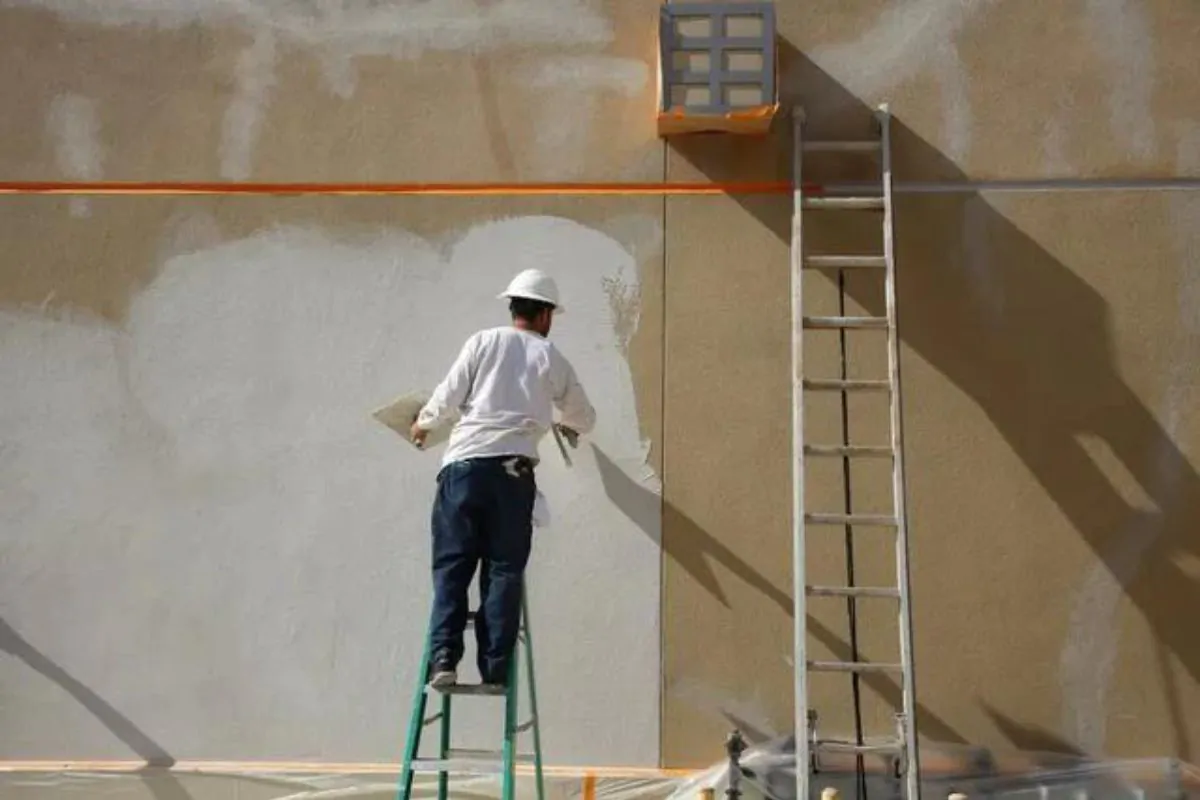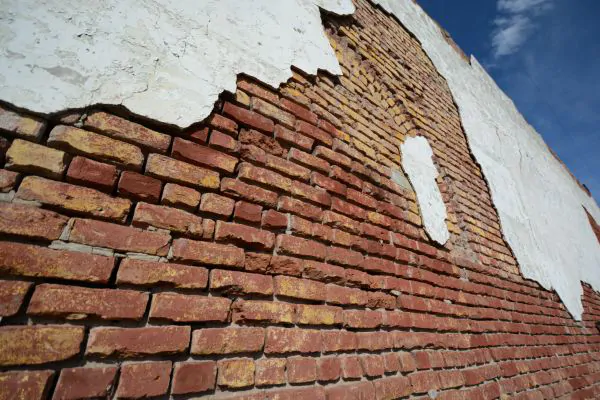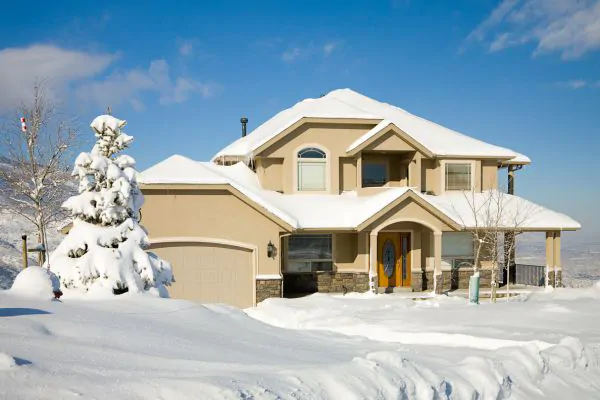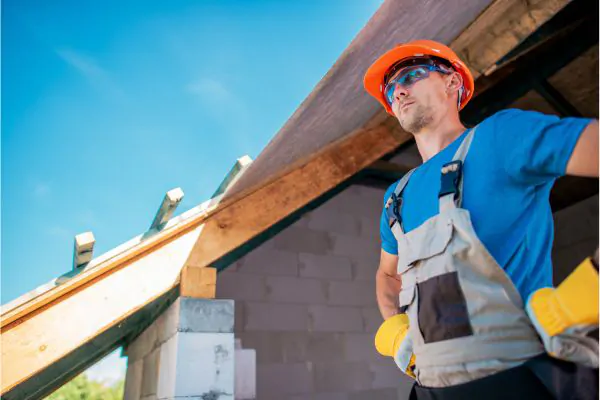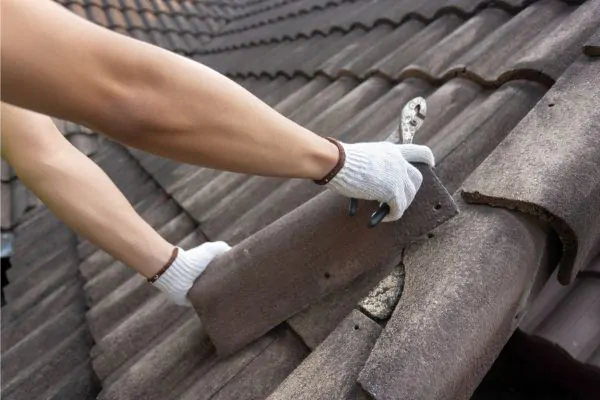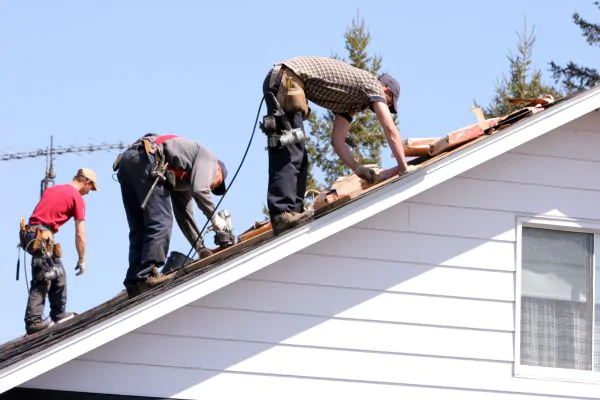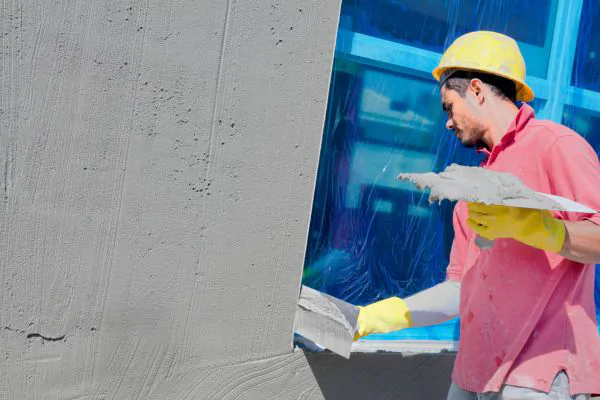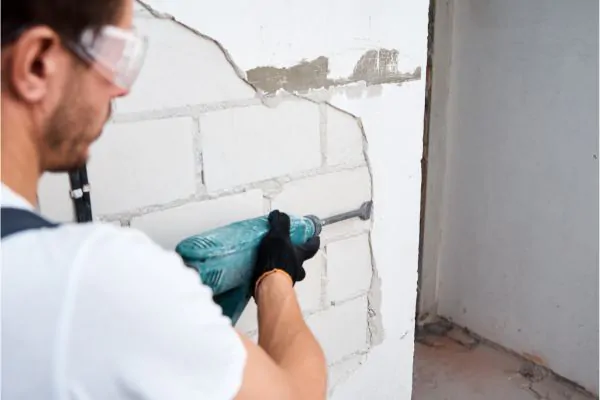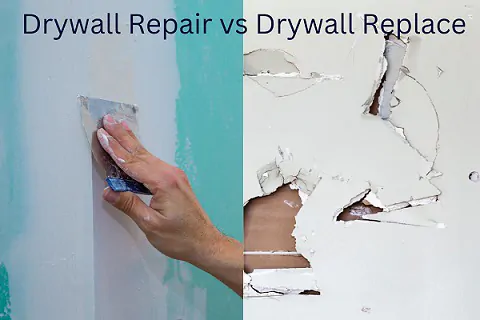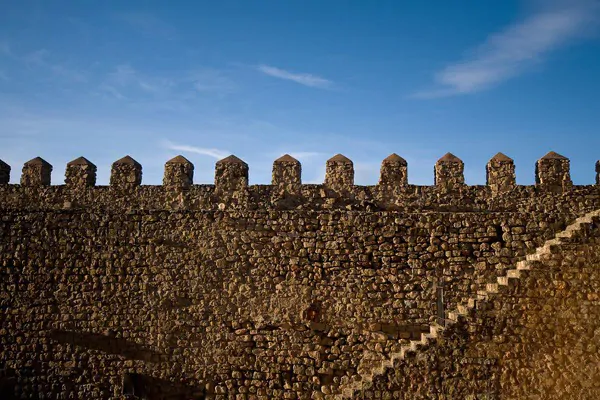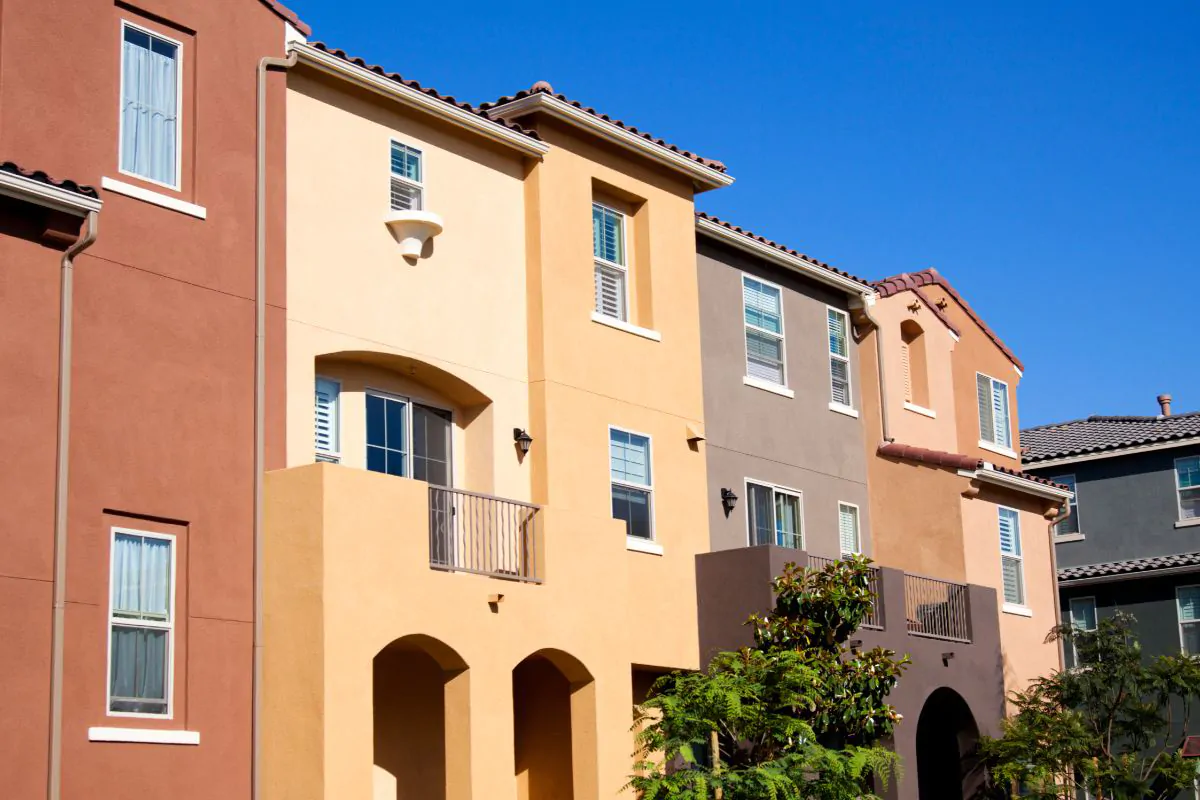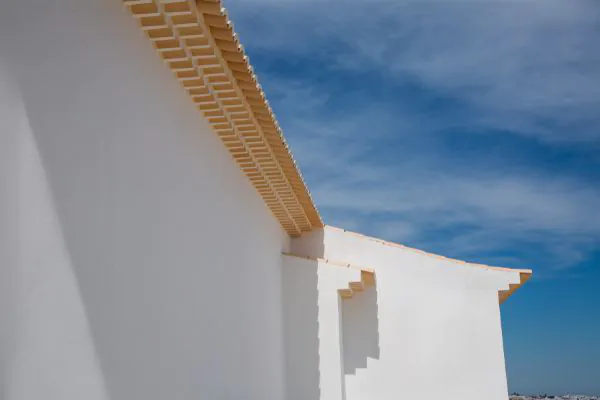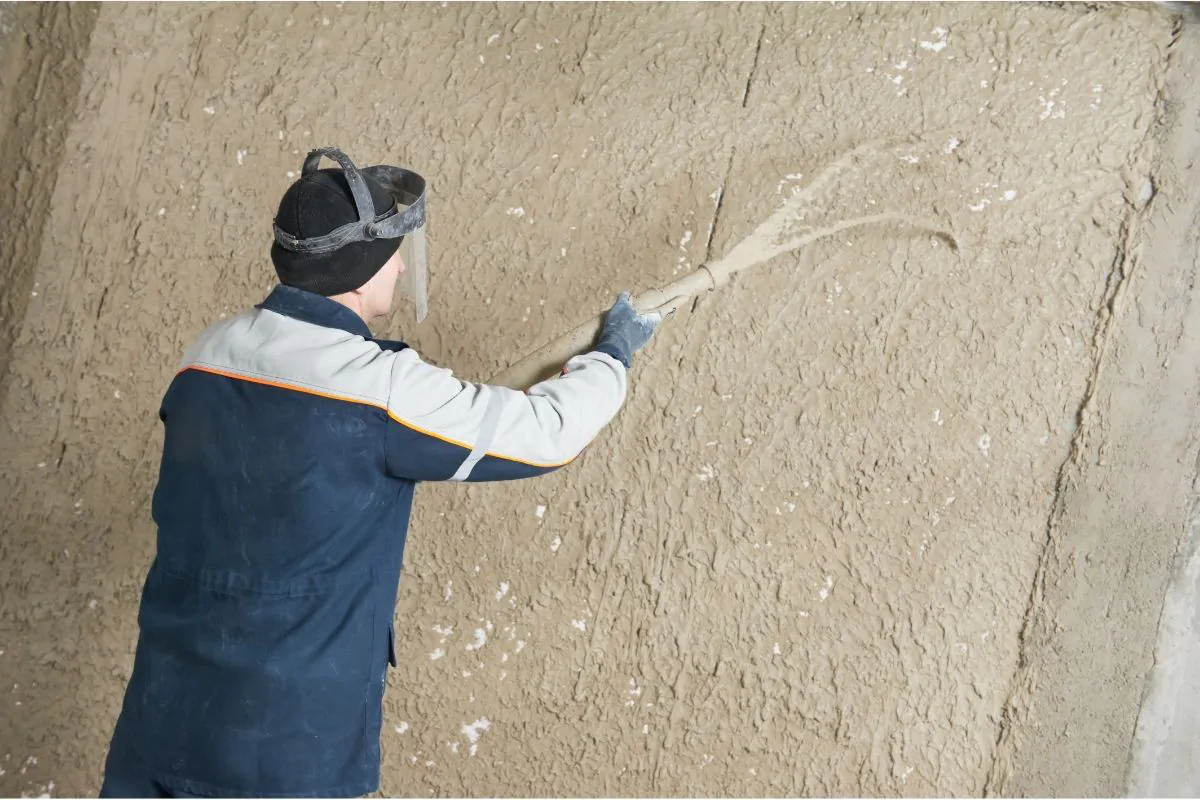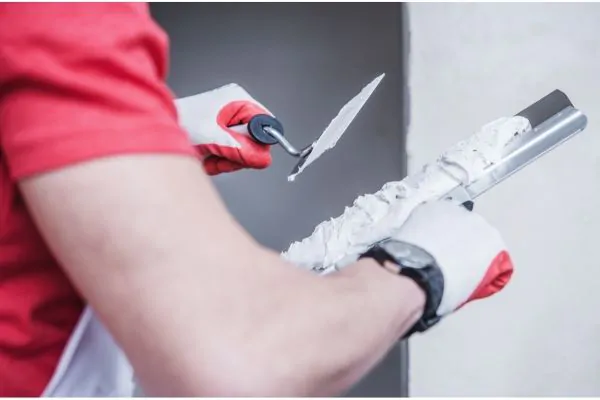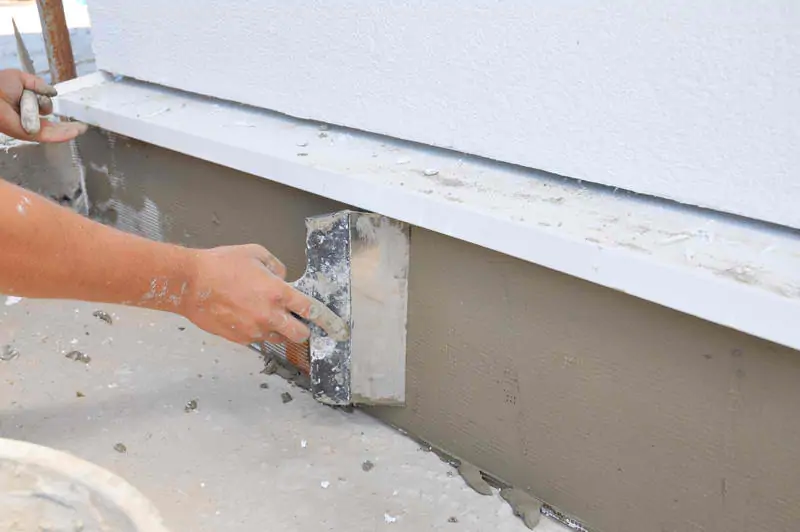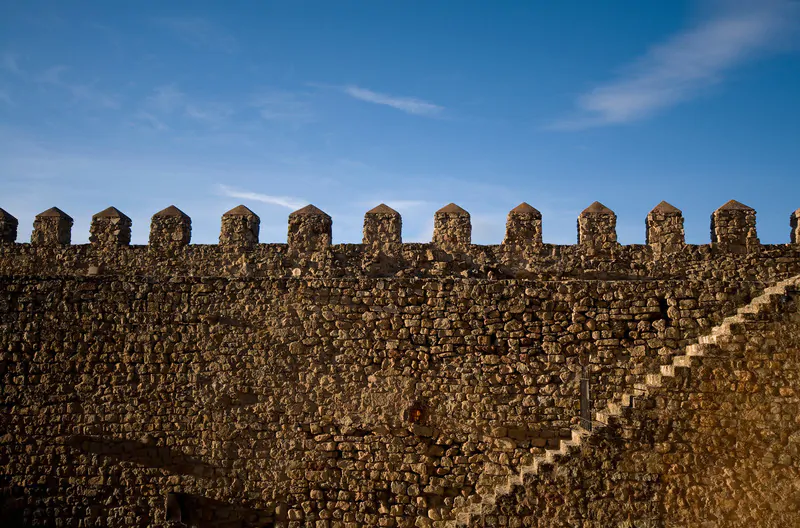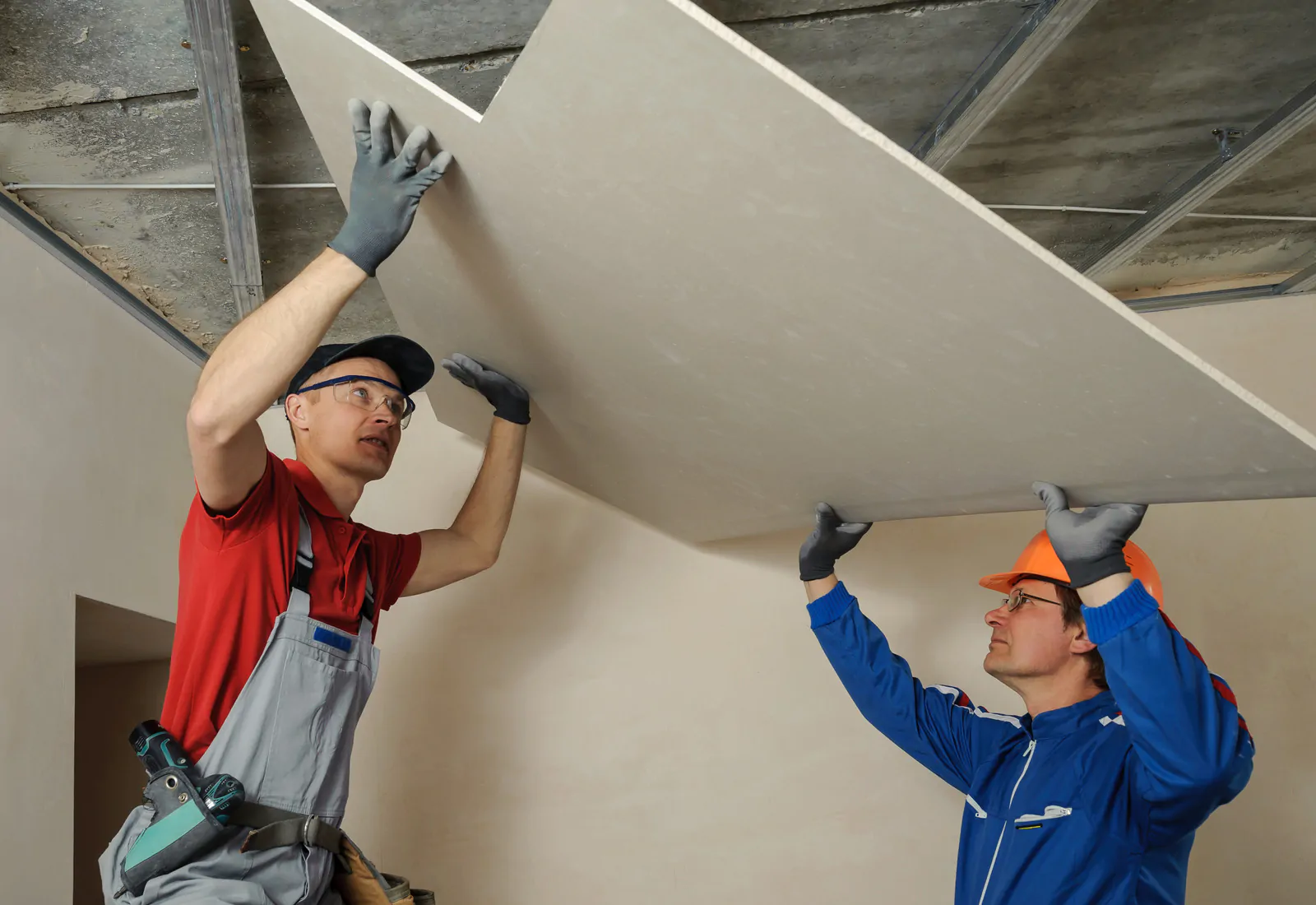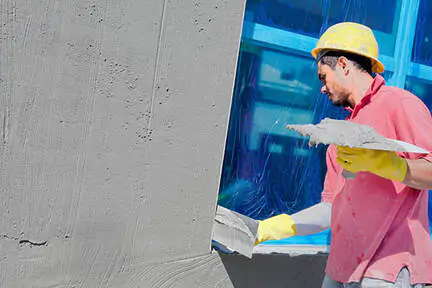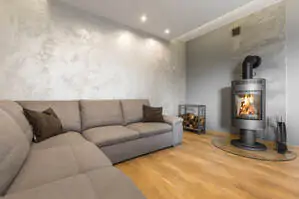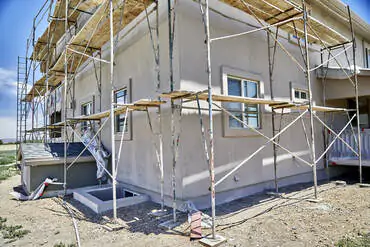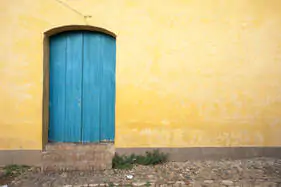When it comes to home improvement projects, drywall installation is a common task that often raises questions about costs. Whether you are building a new home, renovating an existing space, or tackling a specific room, understanding the factors that influence drywall installation cost can help you make informed decisions.
Factors such as the size of the area, type of drywall, labor, and additional finishing work all contribute to the overall expense. Knowing these details can help you better plan your budget and avoid unexpected surprises. Let’s break down the main considerations so you know what to expect when you get an estimate for your drywall project.
What Affects Drywall Installation Costs?
Several factors influence the overall cost of drywall installation. These include the materials used, labor rates, and any additional considerations that might come up during the project. Knowing what goes into your estimate can give you a clearer idea of how your budget will be affected.

Material Costs for Drywall
The cost of drywall materials depends largely on the type and quality selected. Standard drywall is the most affordable, but specialized options like moisture-resistant or fire-resistant drywall can significantly raise the price. Higher-quality drywall materials generally come with a higher price tag but may offer better durability and performance, which can be especially valuable in areas like bathrooms or kitchens. Always account for these material differences when estimating the total cost of a drywall installation project.
Labor Costs for Drywall Installation
Labor costs are a significant factor in drywall installation. The rate can vary based on the project’s complexity, the contractor’s experience level, and the amount of time required. Many drywall installers charge by the hour or per square foot, so discussing pricing upfront is vital to avoid misunderstandings. Highly skilled contractors may charge higher rates, but their expertise often results in a smoother, more efficient installation process. Always compare quotes for a fair price.
Additional Costs and Considerations
Beyond the basic materials and labor, additional costs should be considered when budgeting for drywall installation. For instance, if old drywall needs removal, this will incur extra fees. Wall preparation or repair may also be necessary before installing new drywall, adding to the overall expense. Additionally, drywall finishing (taping, mudding, and sanding) is often required for a smooth surface, increasing both time and cost. Clarify all potential extra charges with your contractor to avoid surprises later.
How Are Drywall Installation Rates Calculated?

Installation cost are typically calculated based on the square footage of the covered area or the time it will take to complete the job. Understanding how your rates are determined can help you manage your budget and expectations better. Here is a closer look at how drywall installation rates are calculated.
Per Square Foot vs. Hourly Rates
Drywall installation is most commonly priced per square foot, making it easy for homeowners to estimate costs based on the size of the area. However, in some cases, contractors may charge by the hour. This can depend on the complexity of the installation, such as custom features or the need for unique materials. Be sure to ask your contractor which pricing structure they follow to get an accurate estimate for your project.
Cost Factors in Residential vs. Commercial Projects
Drywall installation prices can differ significantly between residential and commercial concrete projects. Commercial spaces, especially large-scale buildings, might require more specialized materials or faster turnaround times, which can drive up costs. Residential projects tend to be smaller, but the complexity and finish quality may still affect the price. Make sure to discuss the unique aspects of your project to get a tailored quote.
What to Look for in a Drywall Installation Estimate?
A clear and detailed estimate is essential to avoid misunderstandings about your drywall installation cost. Before signing anything, ensure you understand all aspects of the quote, from materials to labor and any potential additional charges. Here is what to look for in a professional estimate.
Detailed Breakdown of Costs
Receiving a detailed breakdown of costs when getting an estimate for drywall installation is crucial. This should cover materials, drywall installation rates, labor fees, and additional services such as finishing or repairs. A comprehensive estimate ensures transparency, allowing you to understand how the drywall installation price is distributed. Ask the contractor for a thorough explanation if any part of the estimate seems unclear or overly complicated. A well-defined breakdown helps avoid hidden costs during the project.
Clarifying Warranty and Guarantee Terms
Before proceeding with drywall installation, it is essential to clarify the warranty and guarantee terms offered by the contractor. Many reputable contractors will provide a warranty on their work, covering repairs or defects that may arise after the installation. Be sure to understand what is covered, such as issues related to material or installation errors. Knowing the specifics of the warranty can protect you from unexpected costs and ensure peace of mind if any problems occur with the drywall installation later.
Average Drywall Installation Prices by Project Type
Drywall installation prices can vary depending on the project you are undertaking. Whether starting from scratch with new construction or updating a room during a renovation, understanding the price range for each scenario can help you plan accordingly.
New Construction vs. Renovation
New construction projects typically involve larger areas and may require additional framing and structural foundation work, which can raise the cost. Renovations, however, might involve patching up old drywall or installing new drywall in smaller spaces, which can be more affordable. Keep in mind that the scope of the work will largely determine the overall drywall installation cost for either project type.
Room-Specific Drywall Installation Costs
Different rooms in your home may have different drywall installation costs based on their size and function. For example, bathrooms and kitchens might require moisture-resistant drywall, which is more expensive than regular drywall. Larger spaces, such as living rooms or basements, may also cost more to cover due to their size. When getting an estimate, ask about specific costs for the room(s) in question.
Hiring the Right Contractor for Your Drywall Installation

Choosing the right contractor for drywall installation ensures a smooth and cost-effective process. A reliable contractor will provide fair drywall installation rates, quality work, and timely service.
Start by looking for contractors with positive reviews and a proven track record in drywall installation. Be sure to get multiple quotes to compare rates and services. Do not hesitate to ask about their experience with similar projects and whether they are licensed and insured. A good contractor will be transparent about their pricing and communicate the project timeline.
Conclusion
Drywall installation can represent a significant investment in any renovation or construction project, but understanding the factors influencing drywall installation costs can help you make an informed decision. The overall price depends on various elements such as the quality and type of materials, labor rates, the complexity of the job, and the specifics of your project. Getting a detailed, transparent estimate that clearly outlines all aspects of the project is essential.
Take the time to research and compare drywall contractors to ensure you are getting the best value. Ask questions, verify qualifications, and ensure you are comfortable with the price and timeline. Contact us today for a detailed estimate and accurate breakdown of your drywall installation costs!
